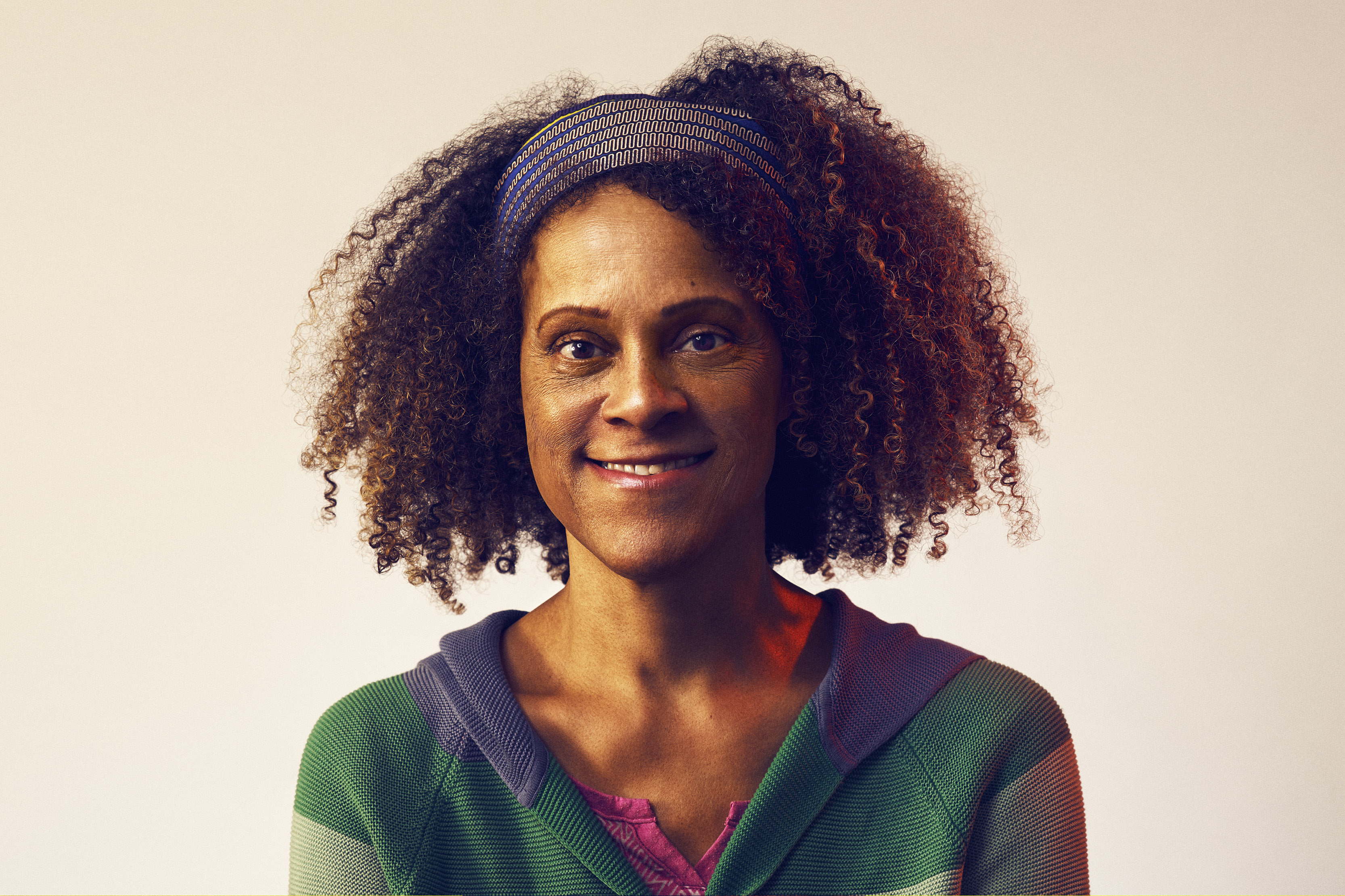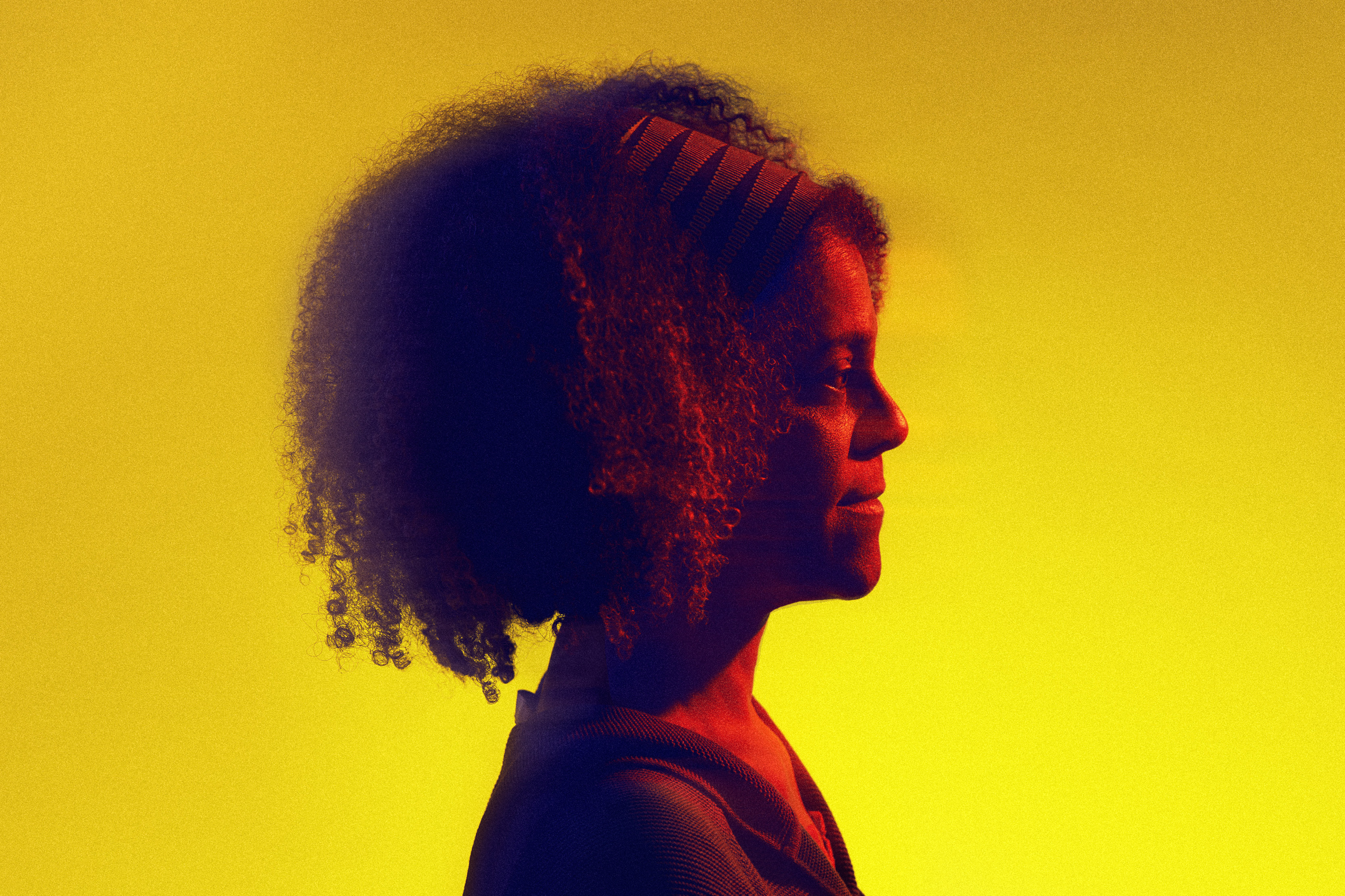- Home |
- Search Results |
- Shelf Life: Bernardine Evaristo on the five books that made her

When I was 14 I came across a copy of The Kon-Tiki Expedition (1948) by Thor Heyerdahl in a secondhand bookshop in Woolwich, South East London, where I grew up. It’s an adventure story about how Heyerdahl sailed from Peru to Polynesia, and growing up in a suburban heartland it seemed very exotic. Getting on a raft and sailing across the seas: what child wouldn't dream of that?! I was also very susceptible to pictures of handsome Norweigen men, I think.
That same year I played Captain Cat in a production of Under Milkwood as part of my local youth theatre. I put on the cod Welsh accent and everything. It was wonderful. I’ve never forgotten the feeling of knowing I had the audience in the palm of my hand. Later, it was a real influence on my writing: the poetry of it, the drama of the voices. You can trace it all back to Dylan Thomas.
I was 20 by the time I discovered Toni Morrison. I was at drama school and starting to become politicised. The Bluest Eye (1970) was really influential in terms of my understanding of race and gender and being a black female in a predominantly white society. It's about a young girl who is very dark skinned and considered ugly in her black community. She longs to have blue eyes, which she equates with whiteness.
My favourite character in 'Girl, Woman, Other'? Yazz.
She became a much more sophisticated writer, and The Bluest Eye was quite a simple book. But it was still written with such literary flair and psychological depth, and it covers some very hard-hitting issues about child abuse and rape and alcoholism and racism. She helped enrich my understanding of the craft of prose fiction, but I never tried to write like Toni Morrison. I think that would be a mistake.
My favourite character in Girl, Woman, Other? Yazz. I find her very entertaining, because she lacks so much self awareness but she's so quick to sort of puncture her parents pomposity and politics and pull the rug out from under them.
For coloured Girls who have Considered Suicide / when the Rainbow is Enuf (1976) by Ntozake Shange is a theatre piece I saw in 1980 in the Peacock theatre in Holborn. It’s about seven different black African American women, their lives and their struggles. It's full of the most exquisite, beautiful poetry, and the women also danced. I remember the theatre being almost empty, and it was probably a flop. The audience wasn't ready for it. If it was on today, it would be sold out – that's how far we've come in this society.

At the time I was quite angry, because I was realising how systemic racism works. I was going through quite a radical transformation in terms of my identity, and also finding this wider community of Black British women who are in the arts. So I formed a theatre company called the Theatre of Black Women, which was the first black women's theatre company in Britain. We felt it was important to be a voice out there.
In the 1990s, when I was in my early 30s, I left theatre and I was looking for guidance. I used to listen to motivational tapes from America – the whole 'yes, you can’, positive thinking-thing which they're very good at. I wanted some of that. I ended up on a personal development course called Mindstore (1994) by Jack Black, which really helped sow the seeds for my career.
Mindstore gets you to look at what it calls your ‘wheel of life’ – relationships, family, finance, social life, work, health – and the philosophy is that you should have everything in balance. What I got from it was to set goals and think about what I want to achieve. It helped me realise writing is a business, actually: there’s your creativity and passion, and then there's how you're going to get this work out there and actually earn a living. When I look back, a lot of the goals I set for myself came to fruition over 20 years later.
We should be free to write from any vantage point.
English Passengers (2000), by Matthew Kneale is a book I really loved. It’s about a group of people sailing on a boat to Tasmania in the middle of the 19th century. Somehow, Kneale juggles twenty narrative voices, each with their own section. It’s about imperialism and the decimation of the Aborigines on the island. It’s such an interesting use of character and structure. I loved its ambition.
One of Kneale’s characters is called Peevay, who was mixed race. I don't agree that some things are off limits – that if you're a white man, you can't write a black female character for example. Why do we have these conversations about literature, but not when it's screen drama? On EastEnders, or a sitcom, who knows who's writing those characters? But somehow, when it comes to literature, you're supposed to stay in your lane. I don't understand it. We should be free to write from any vantage point.